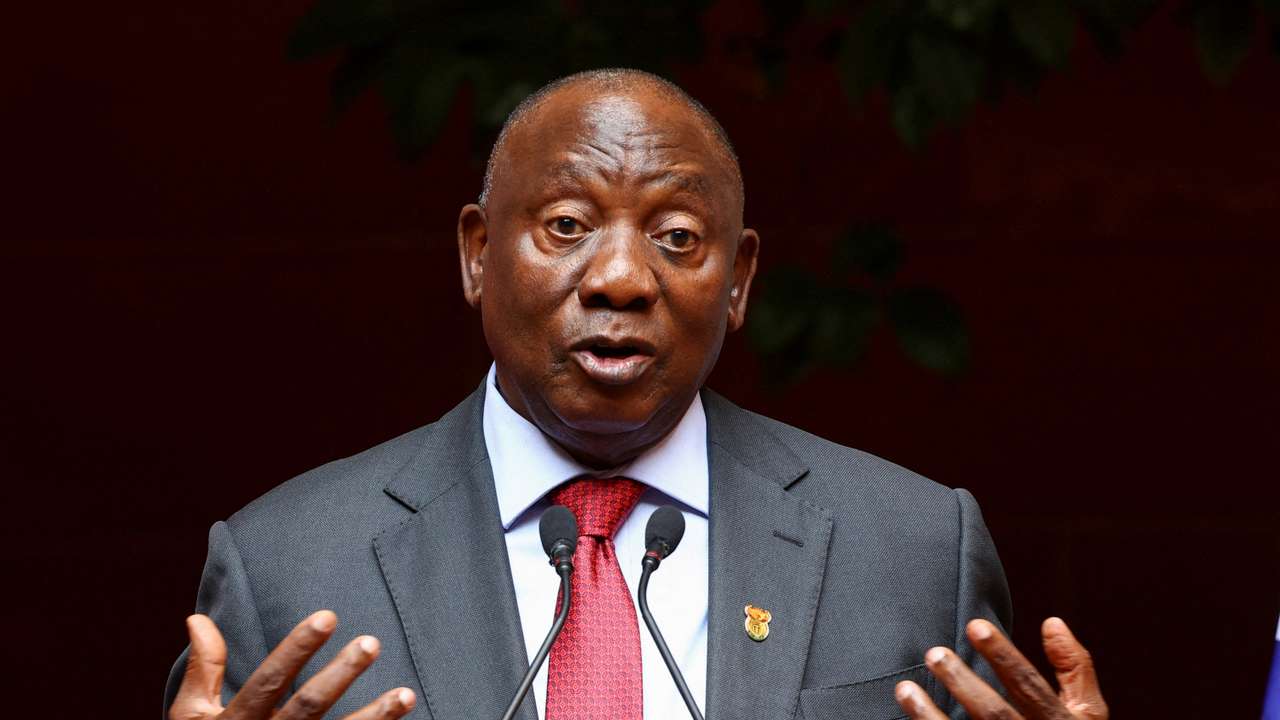South Africa Roundup: Ramaphosa speaks against apartheid, petrol inflation, South Africa's rand

Petrol inflation
South Africa's rand has strengthened against global currencies, trading at approximately R17.24 against the dollar, its best level since July 2023. This surge is expected to lead to further petrol price cuts, with projections indicating a decline in petrol inflation to around -20% year-on-year. As a result, overall inflation, which was at a three-year low of 4.4% in August, could see a reduction by about one percentage point, Media agency Independent Online reports. Despite these changes, Old Mutual's Izak Odendaal noted that the South African Reserve Bank is unlikely to cut interest rates in response to oil price declines, as they focus on the broader economic impacts rather than initial price shocks.
Ramaphosa speaks against apartheid
In his address at the United Nations General Assembly, President Cyril Ramaphosa affirmed South Africa's stance against apartheid, expressing solidarity with those facing oppression. He underscored the UN's vital role in advocating for human rights, the dignity of all individuals, and the need for an immediate ceasefire in the ongoing violence in Palestine. According to SA News, Ramaphosa announced plans for South Africa to submit a case to the International Court of Justice in 2024, accusing Israel of genocide.
South Africa's rand
On September 25, South Africa's rand rose to a 20-month high, trading at 17.22 against the U.S. dollar, marking a 0.3% gain. Analysts attribute this rally to positive sentiment following interest rate cuts by the South African Reserve Bank (SARB) and the U.S. Federal Reserve. Currency strategist Andre Cilliers predicts the rand will likely trade between 17.20 and 17.40. Investors are awaiting August producer inflation figures to gauge easing price pressures. CNBC Africa reported the Johannesburg Stock Exchange's Top-40 index climbed 1.5%, while the yield on South Africa's benchmark 2030 government bond increased slightly to 8.86%.
Electricity prices
Eskom, South Africa’s state-owned power utility, has requested a 36% increase in electricity prices for the 2026 financial year, significantly surpassing the country’s 4.4% inflation rate. This increase is deemed essential for addressing Eskom's financial challenges, including a debt of 400 billion rand (approximately $23 billion), Financial Post report indicates. Although the company has recently experienced fewer power cuts, it struggles with consistent electricity supply and long-term sustainability. Eskom has also proposed smaller price hikes of 11.8% for fiscal 2027 and 9.1% for 2028.
South Africa ranks among least secure nation
A recent Gallup poll indicates that South Africa ranks among the least secure nations, with 70% of citizens feeling unsafe walking alone. The country is in the bottom three globally, alongside Ecuador and Liberia. In contrast, Kuwait, Singapore, and Norway have significantly higher safety perceptions, with only 1% to 8% feeling unsafe. According to Africa.com, consistent low safety perceptions and confidence in police are noted in sub-Saharan Africa. Despite efforts to improve police visibility, South Africa faces high crime rates, including over 6,000 murders and 9,000 rapes reported between April and June 2024.